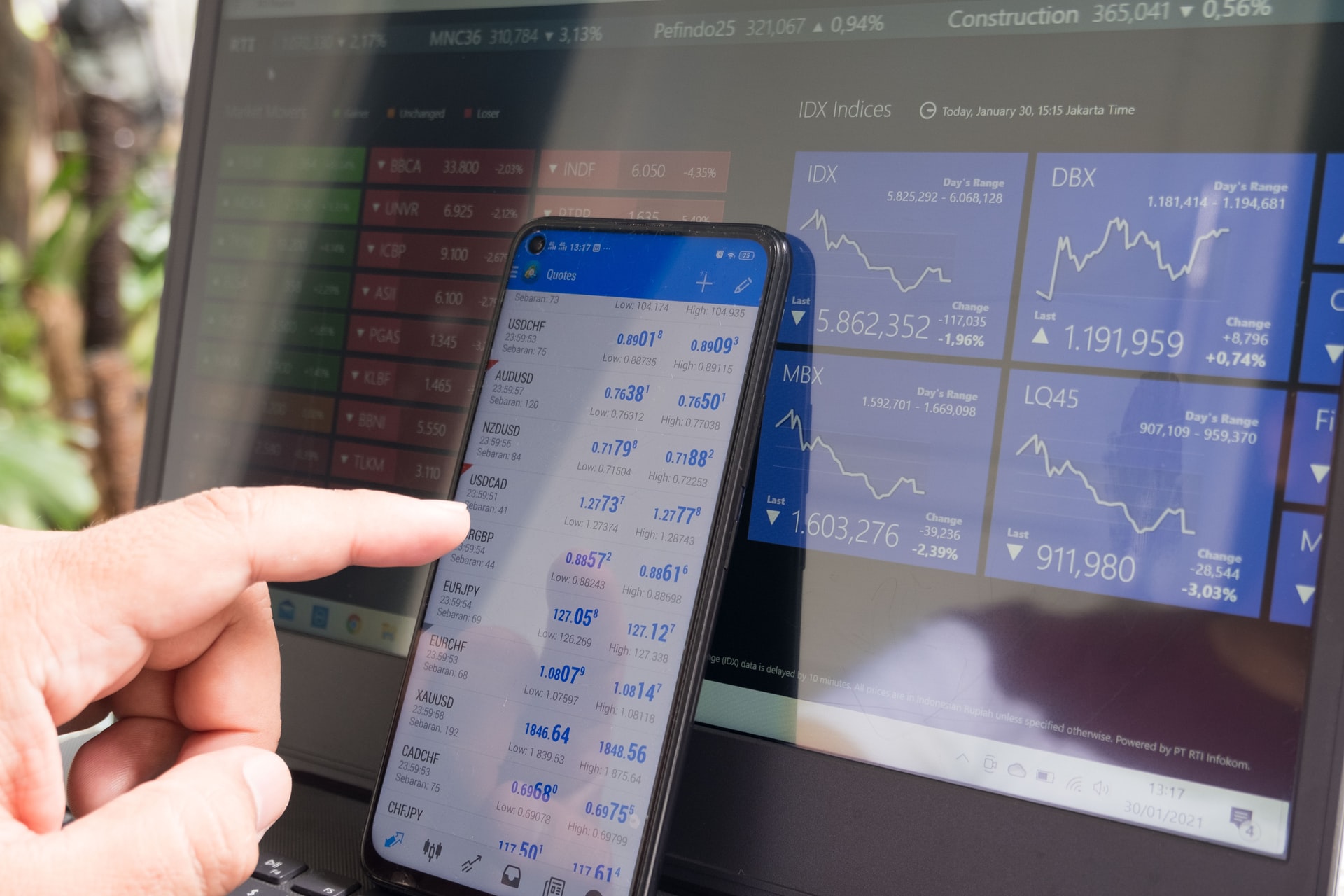What is a crypto dex? A decentralized exchange is a marketplace where buyers and sellers can trade digital currencies. These platforms operate independently of a central authority, and allow for peer-to-peer trading of cryptocurrencies. A decentralized exchange is usually non-custodial, which means that the users retain control of their private keys, which will enable them to access their cryptocurrency. In addition, users will not have to provide any personal information, which is a significant advantage of this type of exchange.
A decentralized exchange operates outside of a central authority, and users retain custody of their cryptocurrencies. They are responsible for managing their own wallets. While this may be a benefit for users who want to retain control of their money, it comes with risks. This includes the possibility of losing your password or losing the private keys, which can only be accessed by those with access to your private keys. In addition, it is also a downside.
Because decentralized exchanges operate outside of a central authority, investors must manage their own private keys, which can be problematic. The exchange must also keep track of the private keys, which can be risky, as they can be stolen or lost. The decentralized exchange must also be secure enough to protect its users’ funds. As a result, a decentralized exchange must adhere to strict security measures, or else it can be vulnerable to fraud.
The main benefit of a decentralized exchange is that users are in control. They retain custody of their coins, which means they are in charge of maintaining their wallets. However, this also comes with risks, as the users are responsible for their own wallets. If a user loses their private key, the transaction will be frozen until the password is recovered. This means that a user’s private key cannot be stolen if they lose the password.
Another major advantage of a decentralized exchange is security. While traditional exchanges manage the exchange itself, a decentralized exchange allows for greater privacy. As a result, the user does not have to trust an intermediary or a central authority to be able to trade. In addition, the user can also be assured that the account is secure. Even though a crypto bounty is not as large as a traditional centralized exchange, a crypto dex is still better than a centralized exchange.
A decentralized exchange works through smart contracts that are self-executing. Its fees are usually very low compared to centralized exchanges, averaging 0.3%. There are many benefits to crypto dexes, including the increased liquidity. It makes it easy to trade a variety of currencies and avoid dealing with a central authority. These services are also free of costs. They are ideal for small businesses and individual investors because they are decentralized.
In addition to being free of centralized exchanges, a DEX can be less efficient for traders. A DEX allows users to control their private keys and make trades without relying on centralized exchanges. While this is a significant drawback, it does not mean a crypto dex is not safe. It is a necessary component of the next generation of cryptocurrency infrastructure. It has several benefits. It is free from a central exchange’s security measures.
A decentralized exchange is an exchange that functions independently of a central authority. Its users can use an interface that is very similar to a traditional exchange. Most decentralized exchanges are centralized. A DEX is used for trading. Besides, it is free from a central authority. While the advantages of decentralized exchanges are huge, they have some disadvantages as well. One of them is that a DEX has no central authority.
A decentralized exchange is not a centralized exchange. Instead, it uses a blockchain to make transactions. While a centralized exchange is limited to a particular protocol, a decentralized exchange can be public. Some of the most popular examples include Binance, Gemini, and Kraken. This type of crypto exchanges is open to the public. Most decentralized exchanges do not allow anonymous trading and are not regulated.







